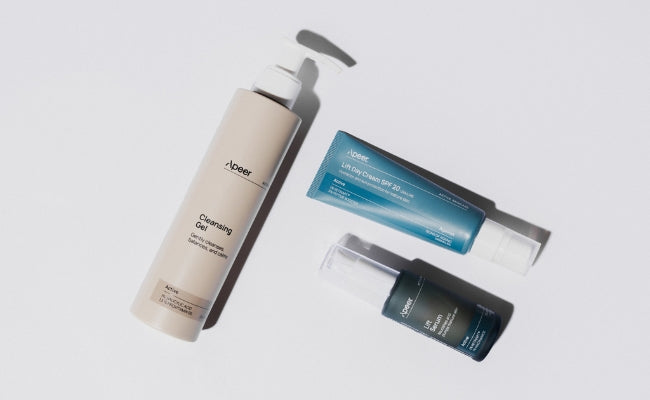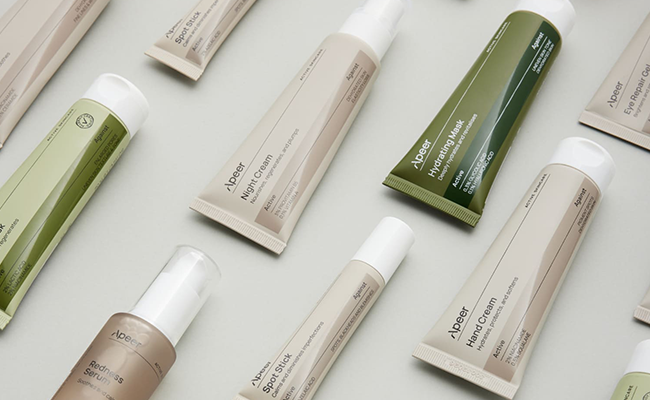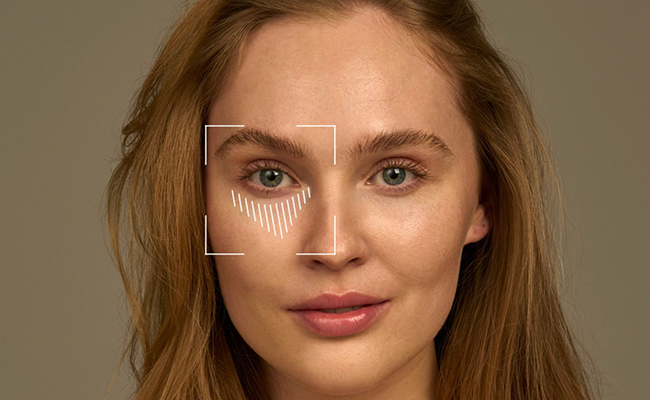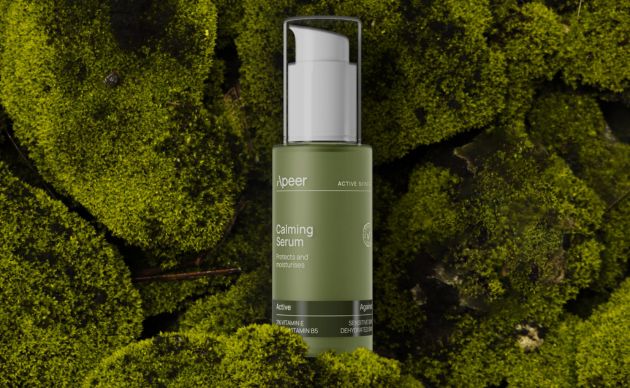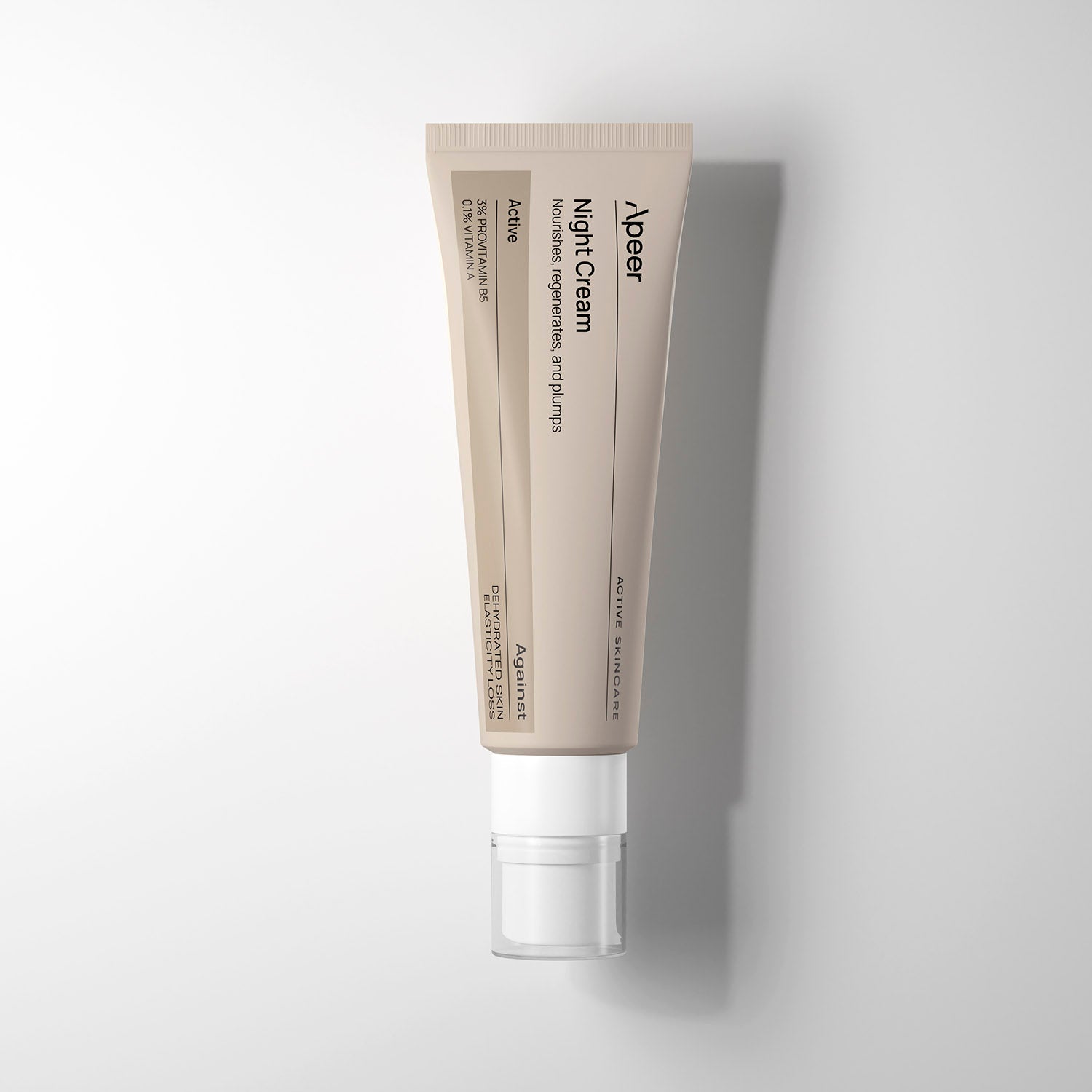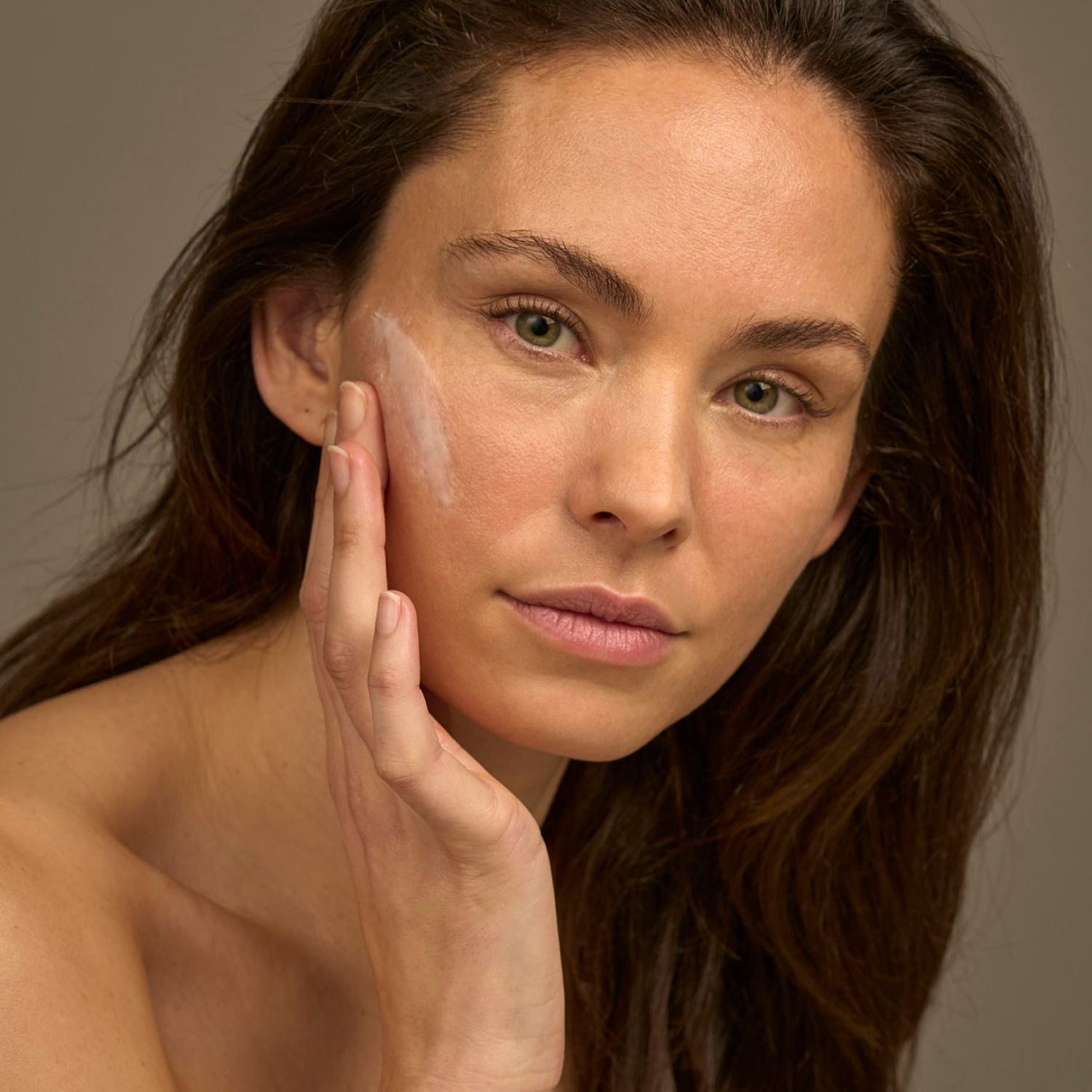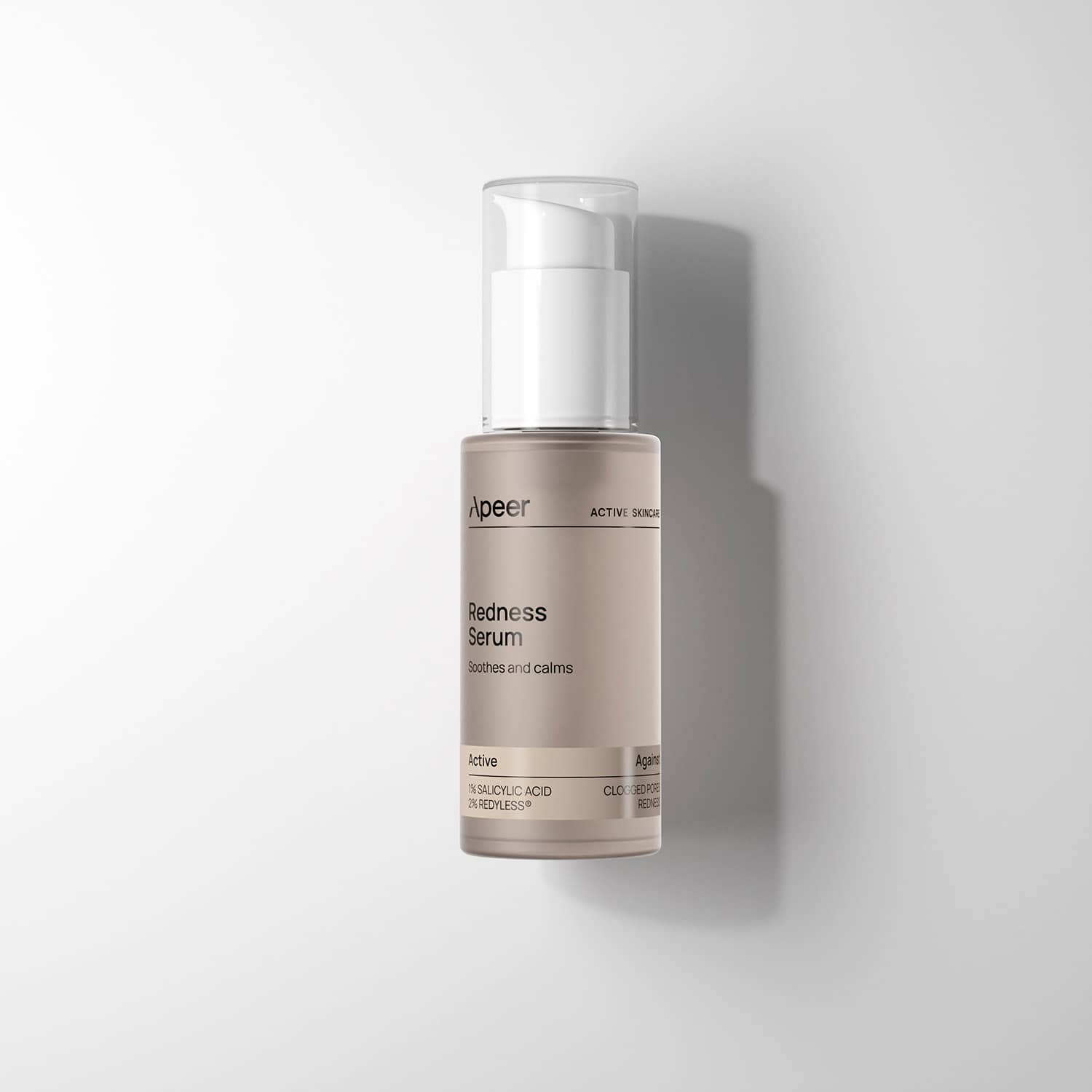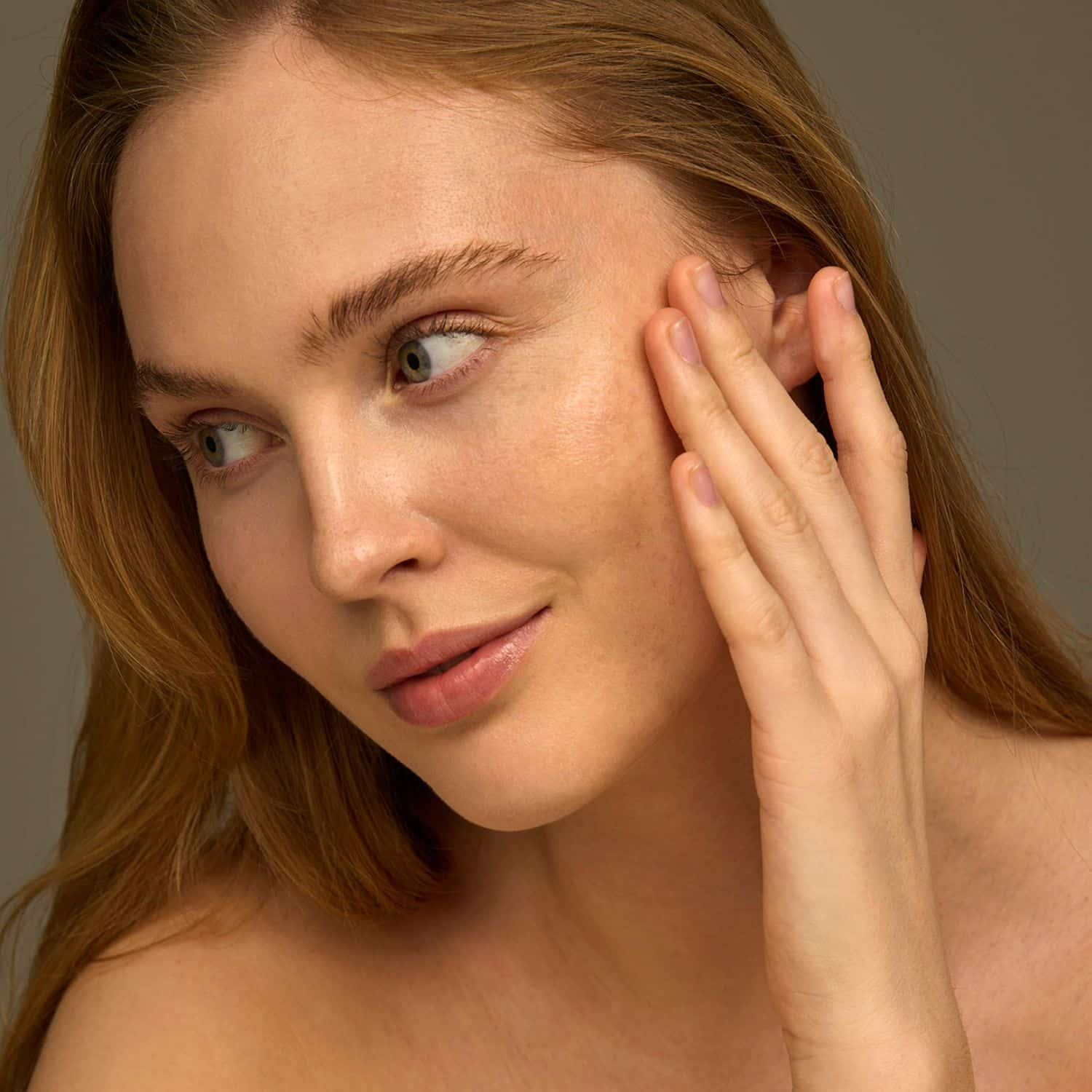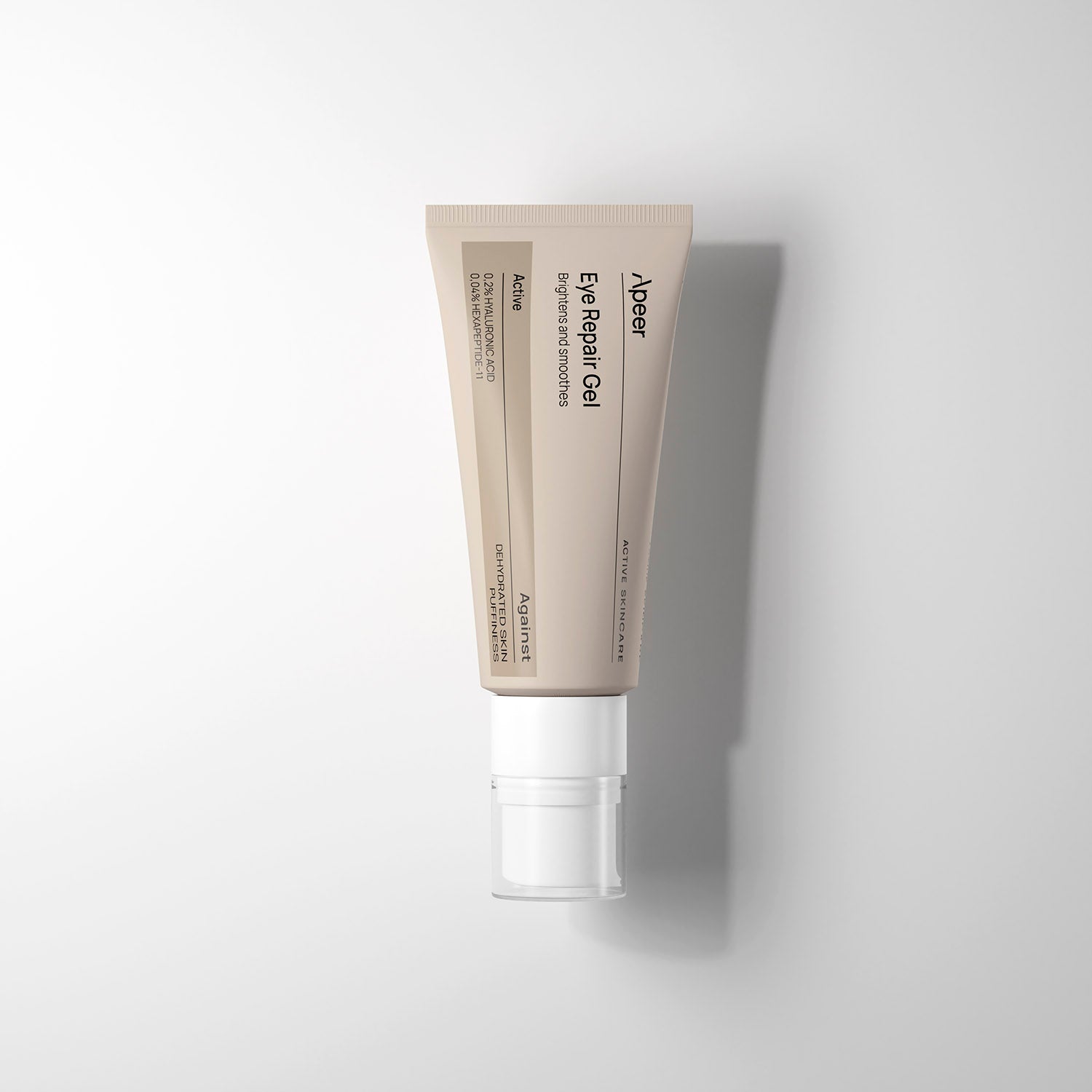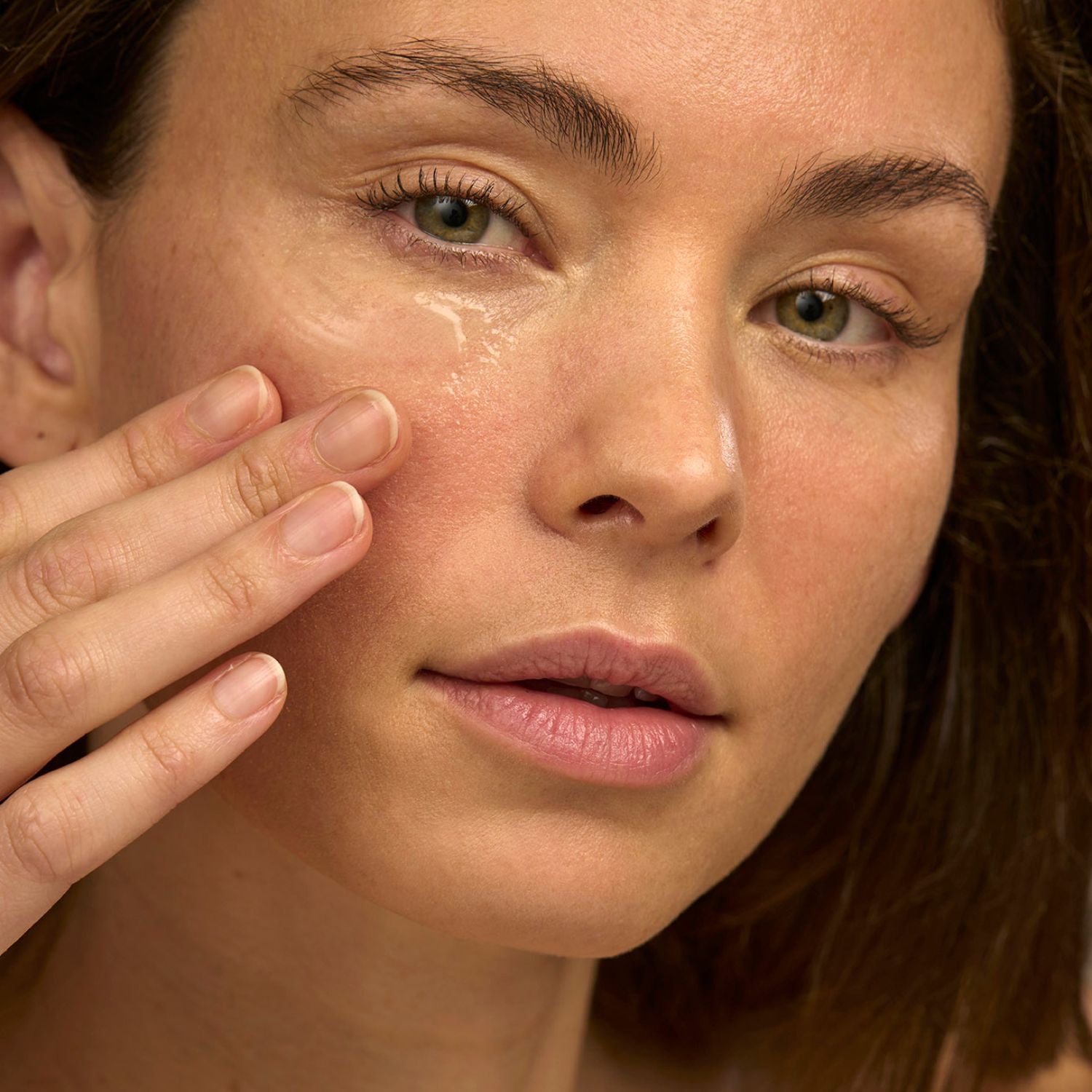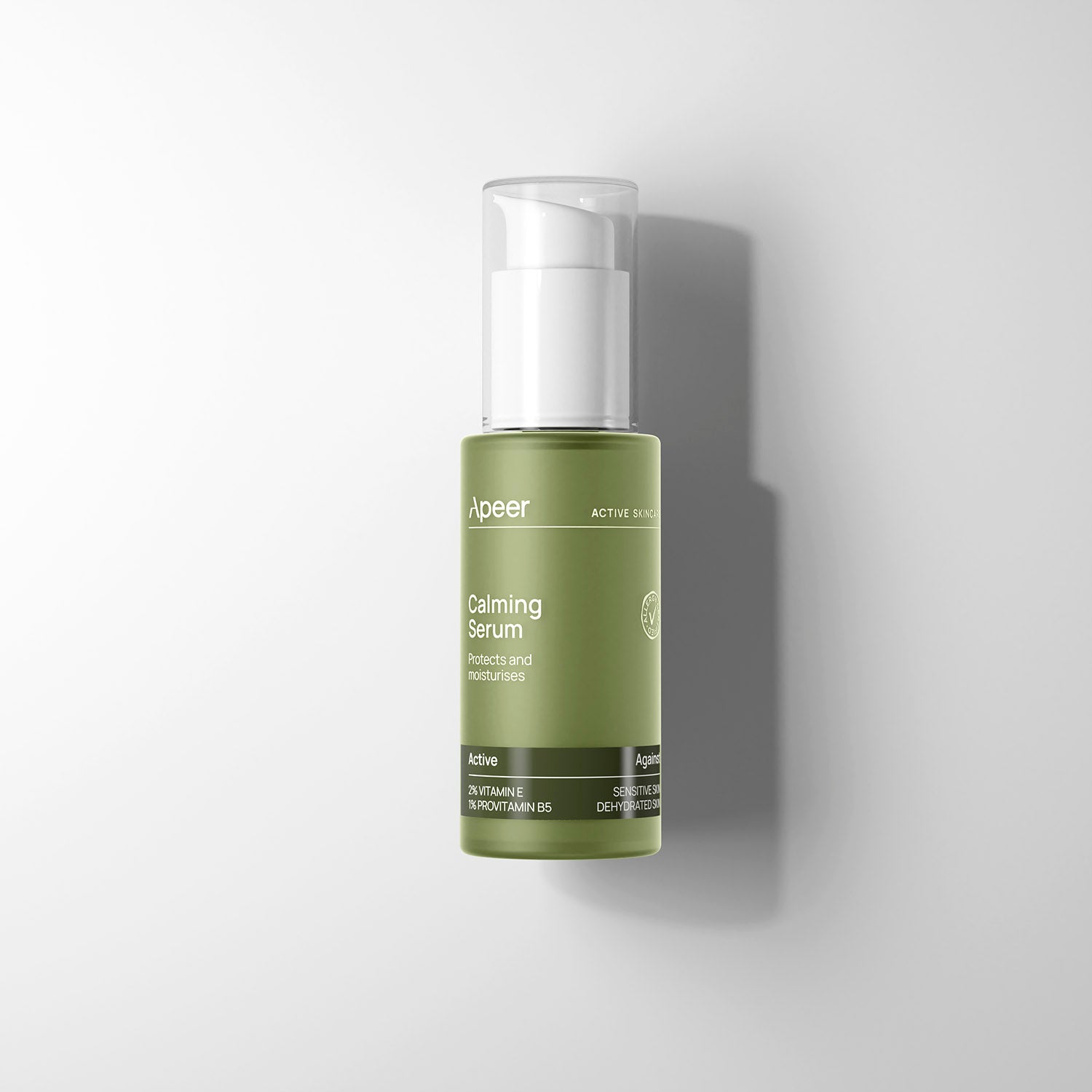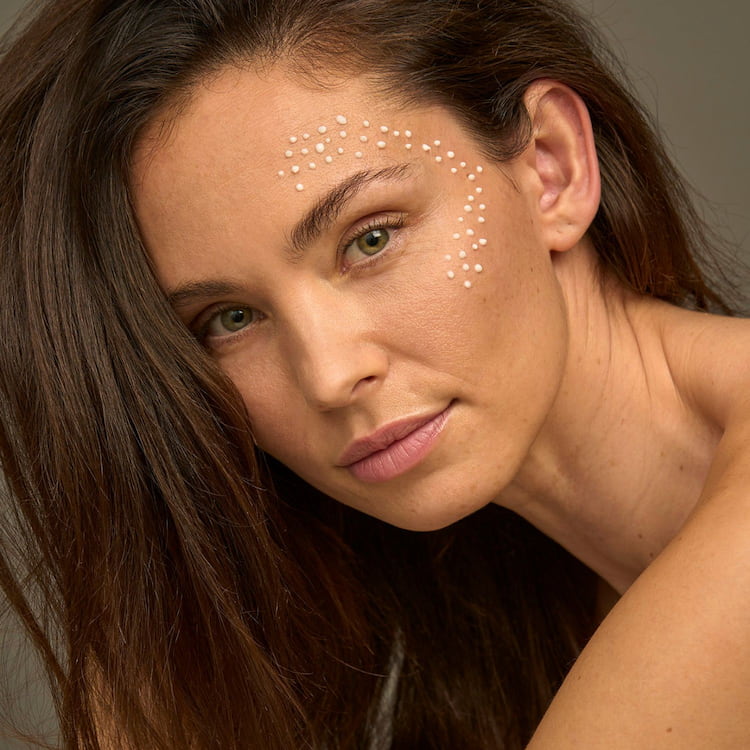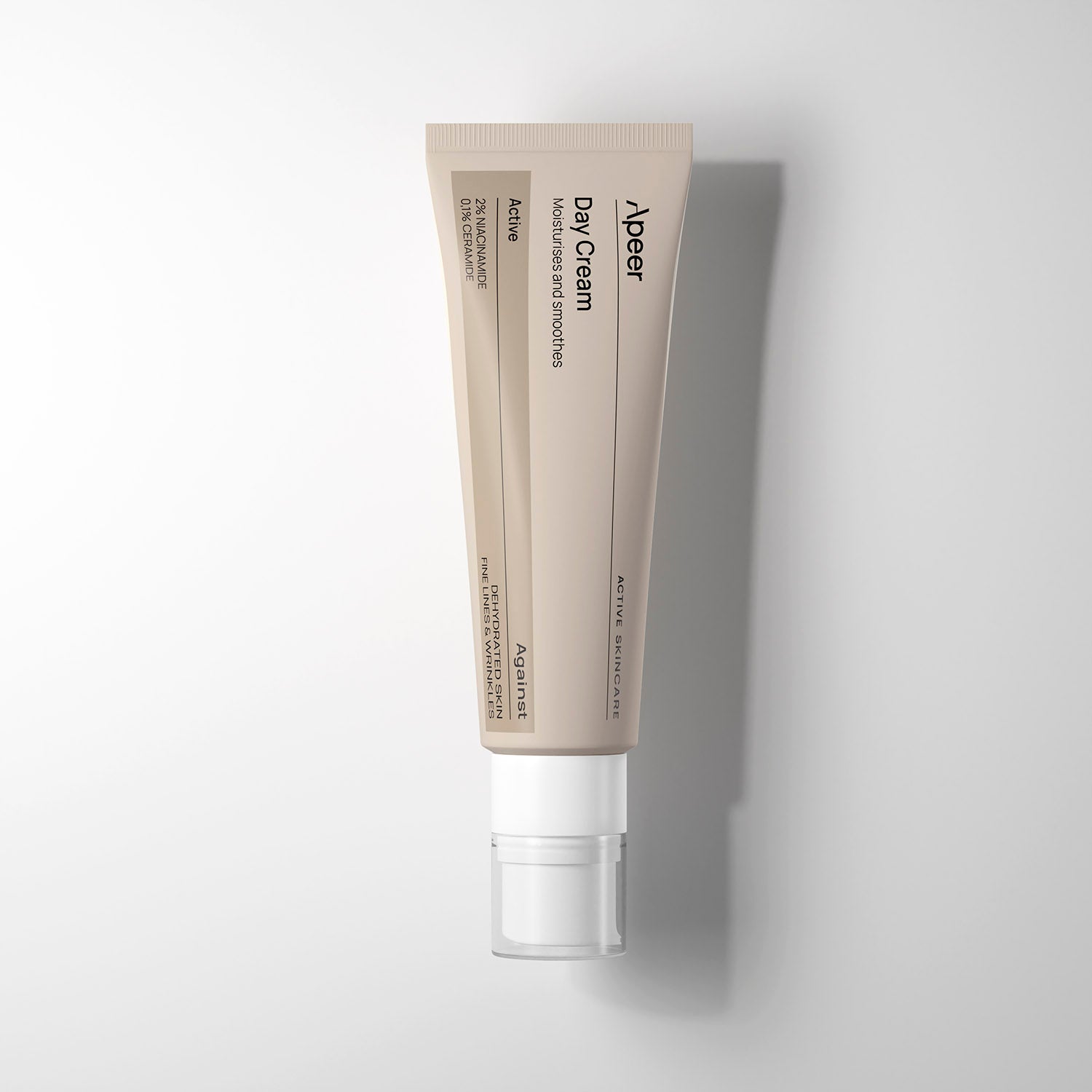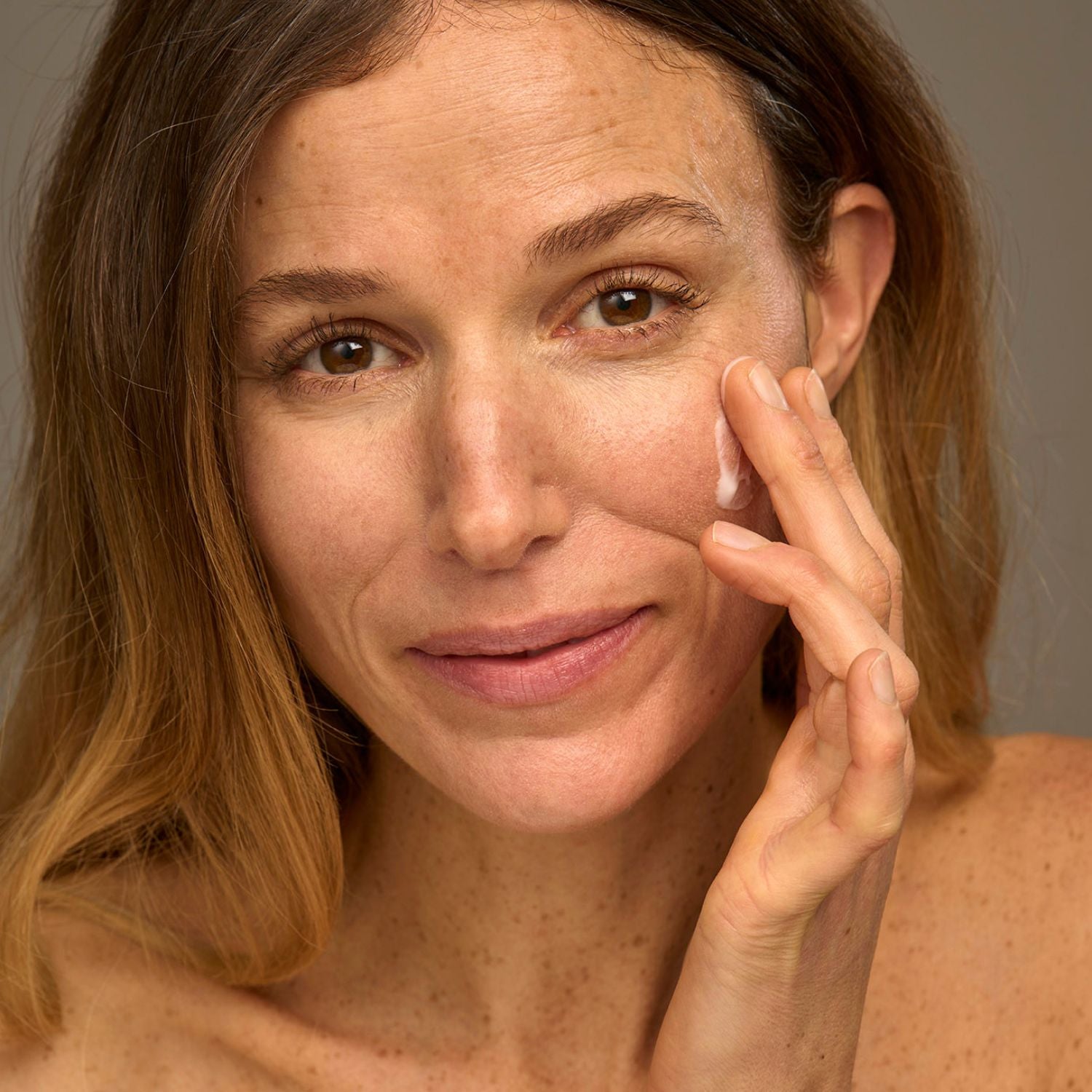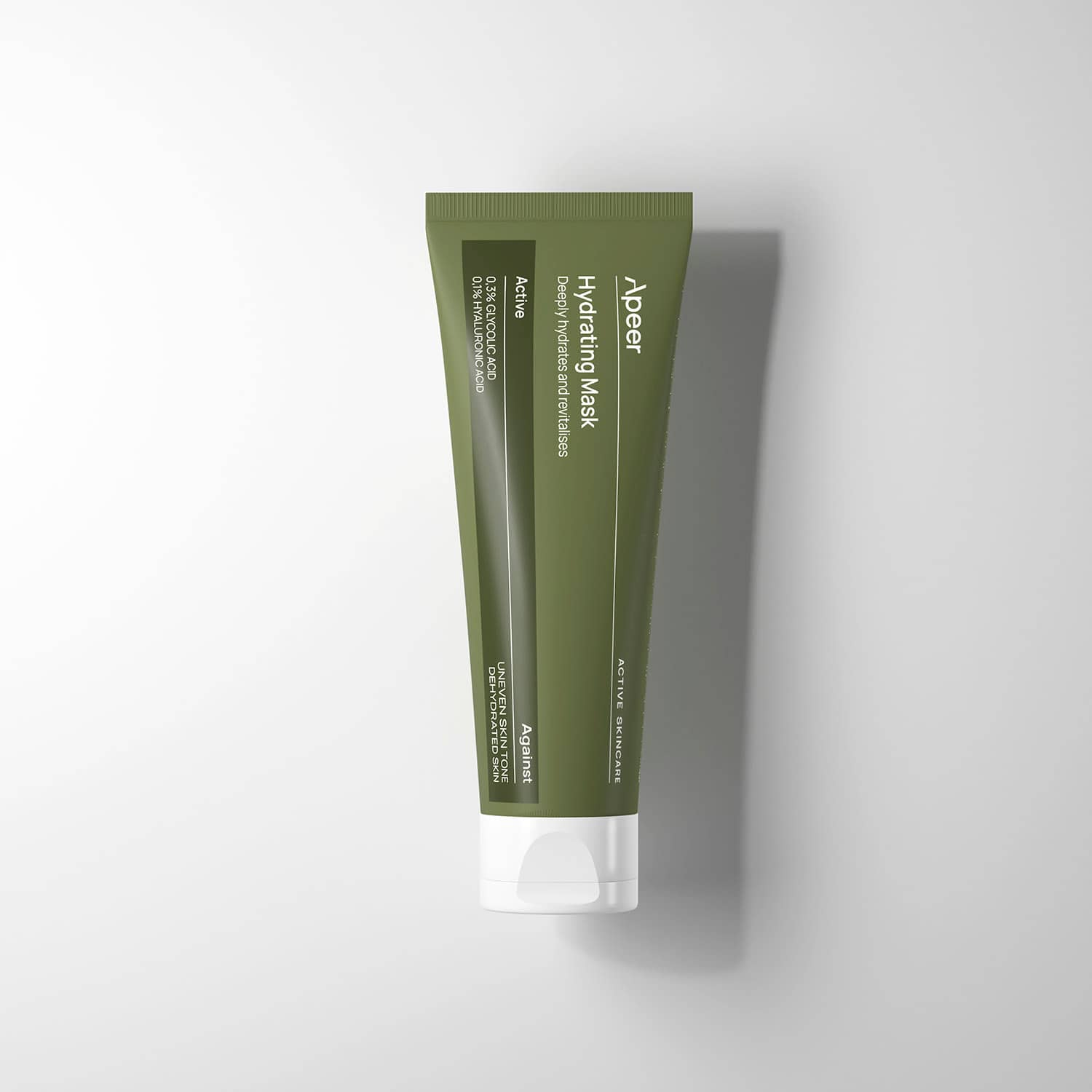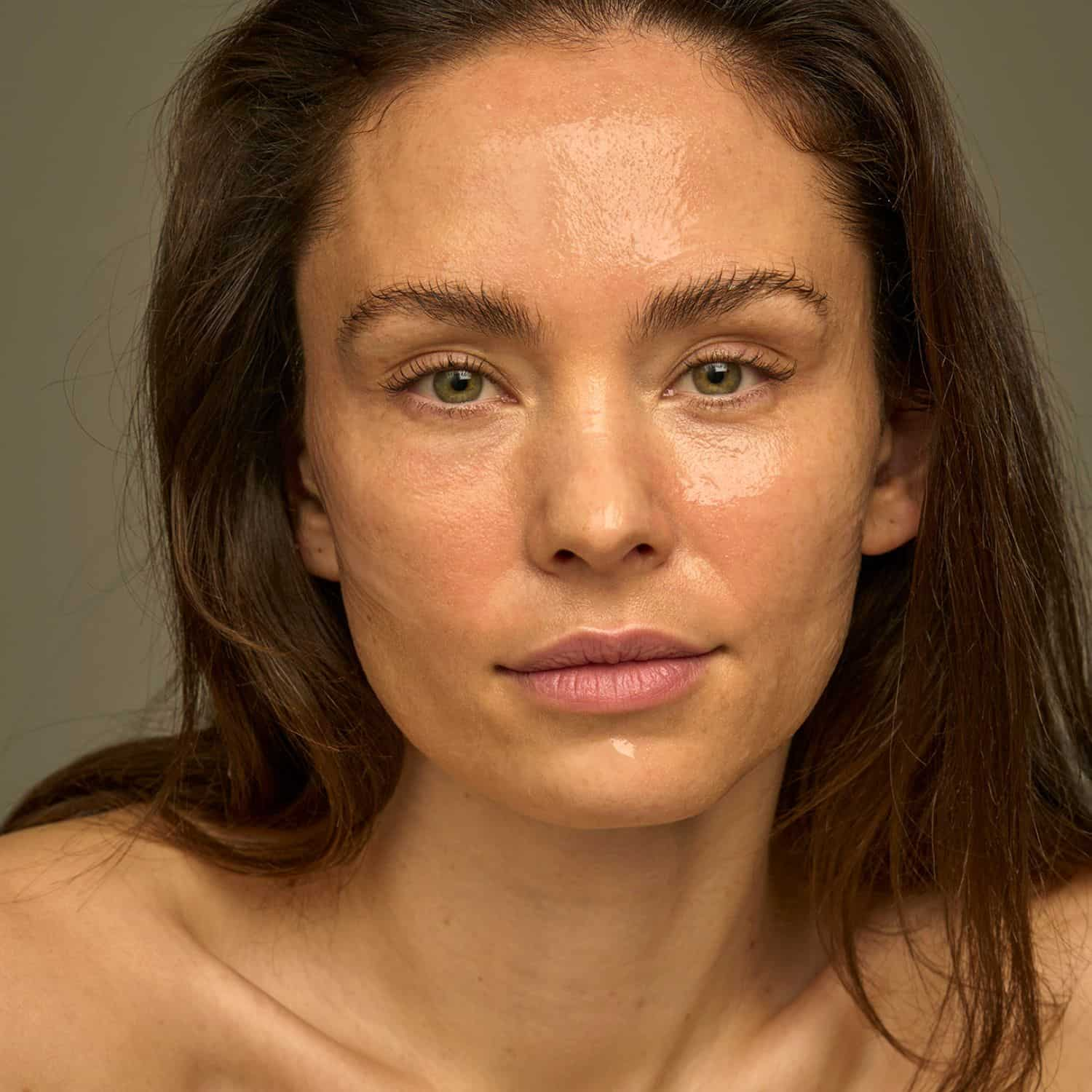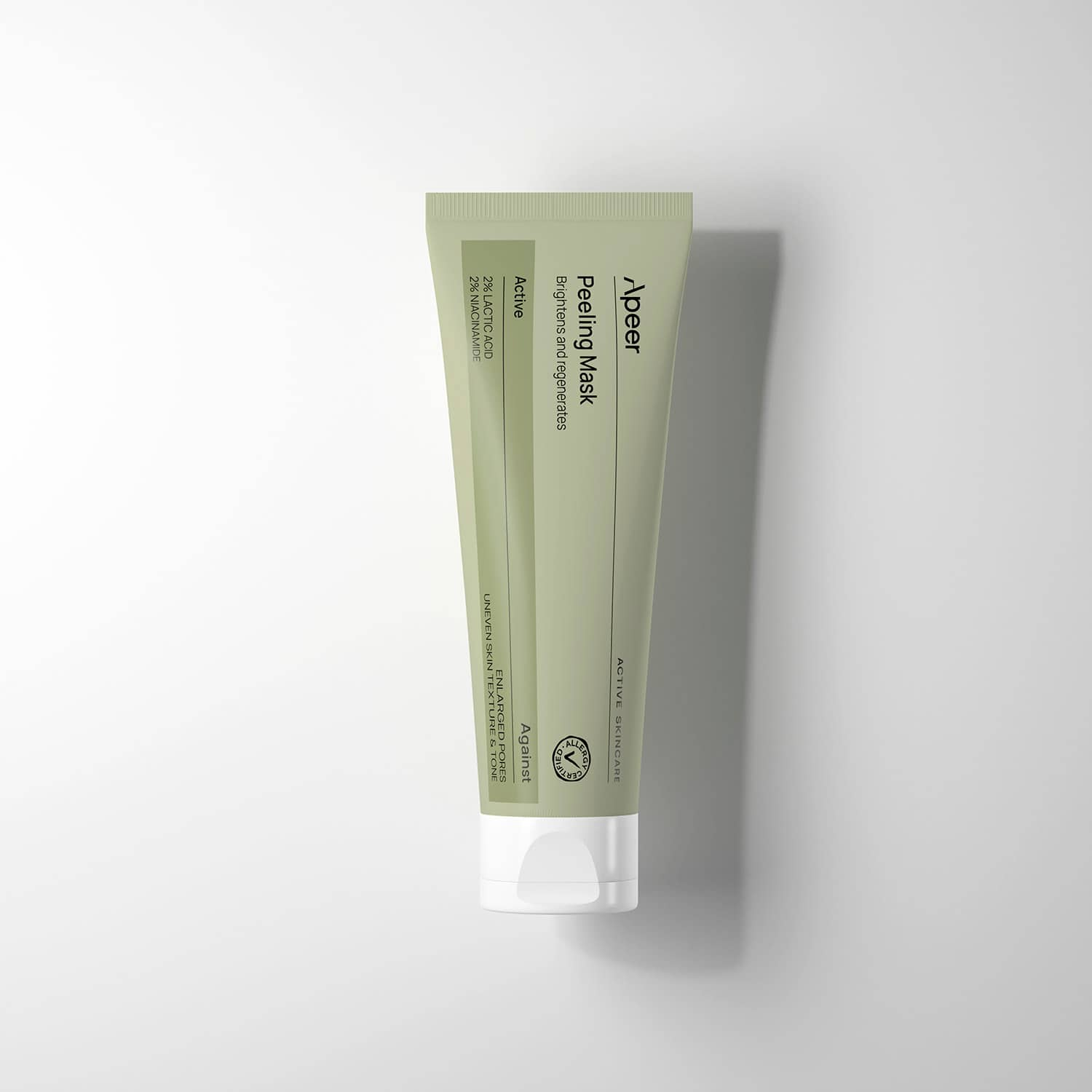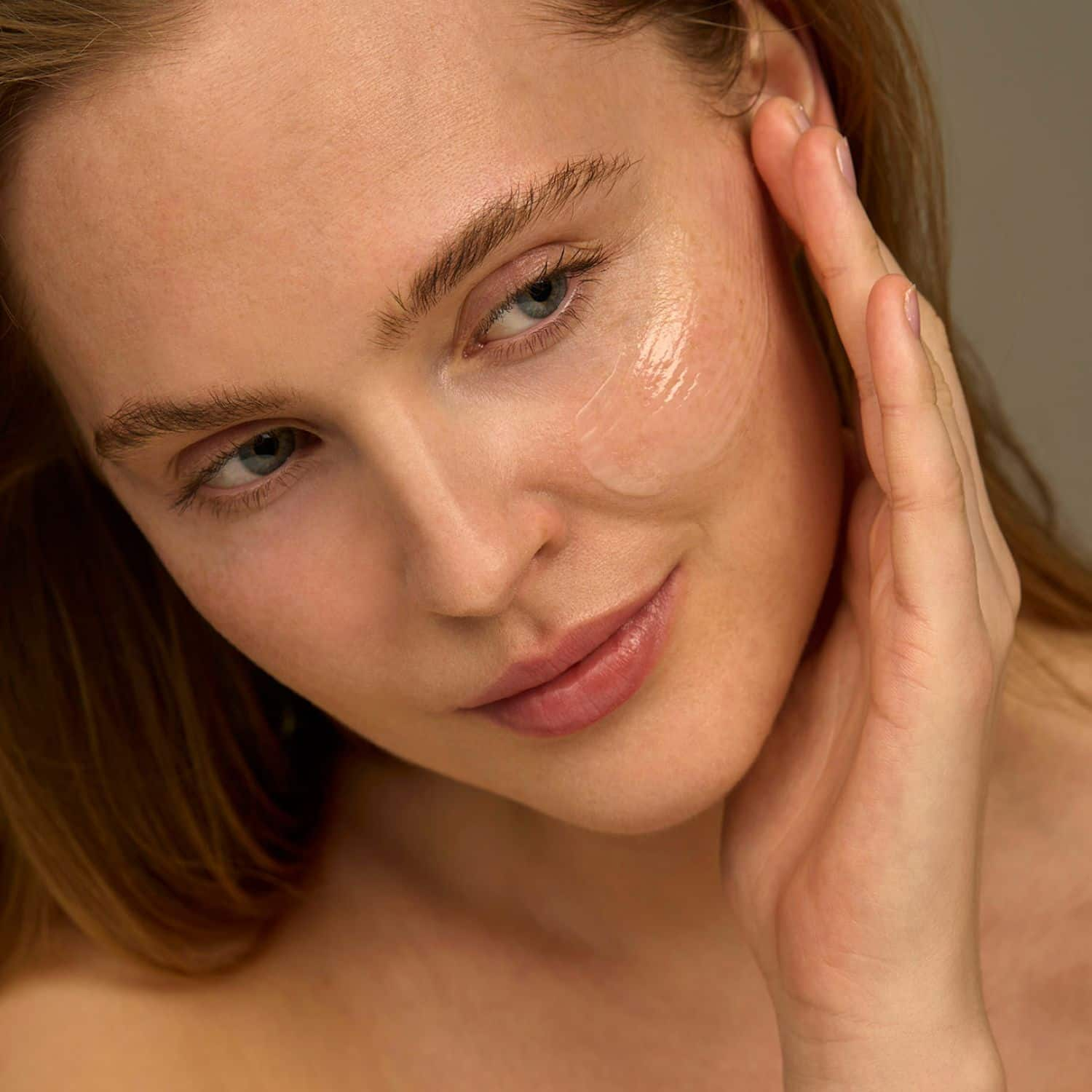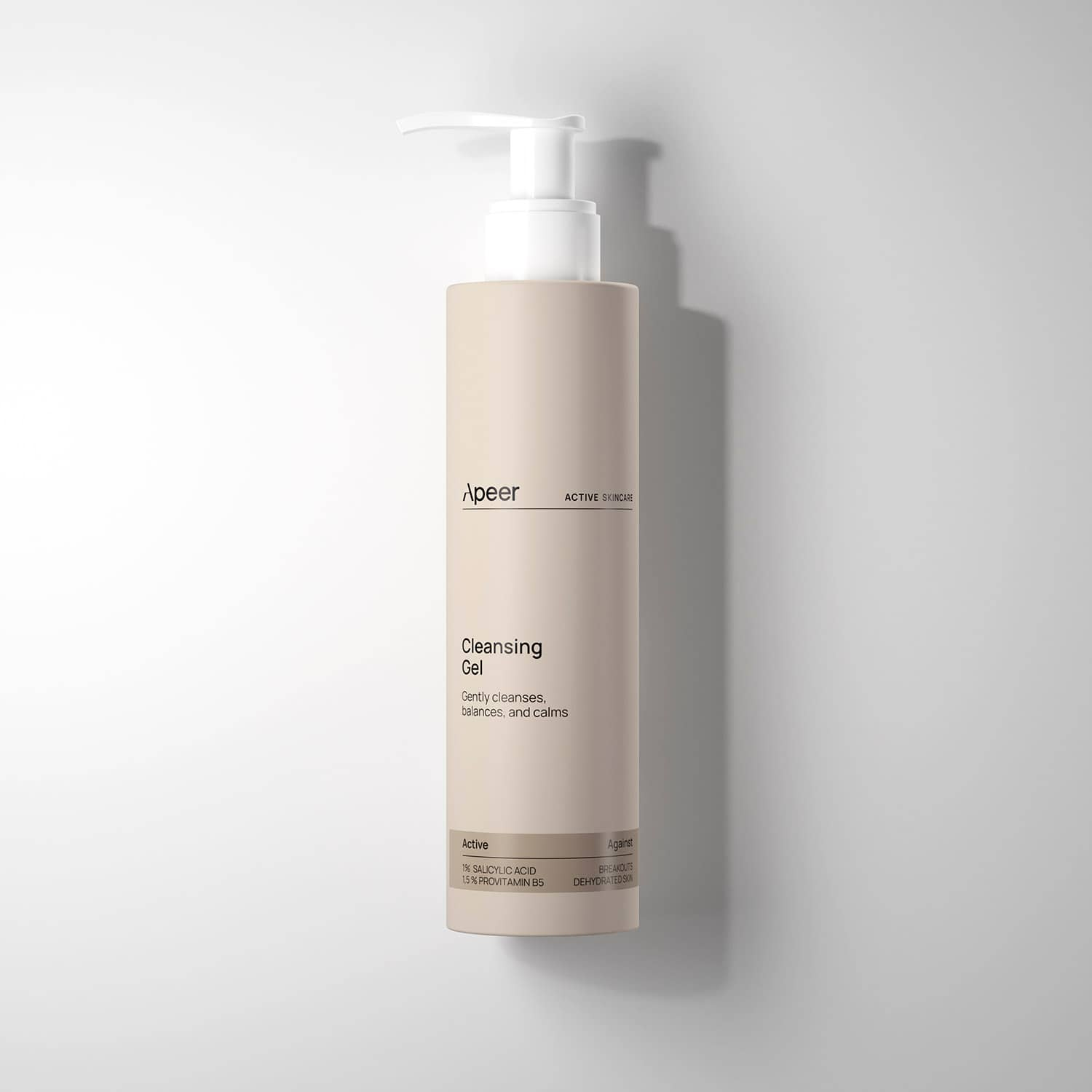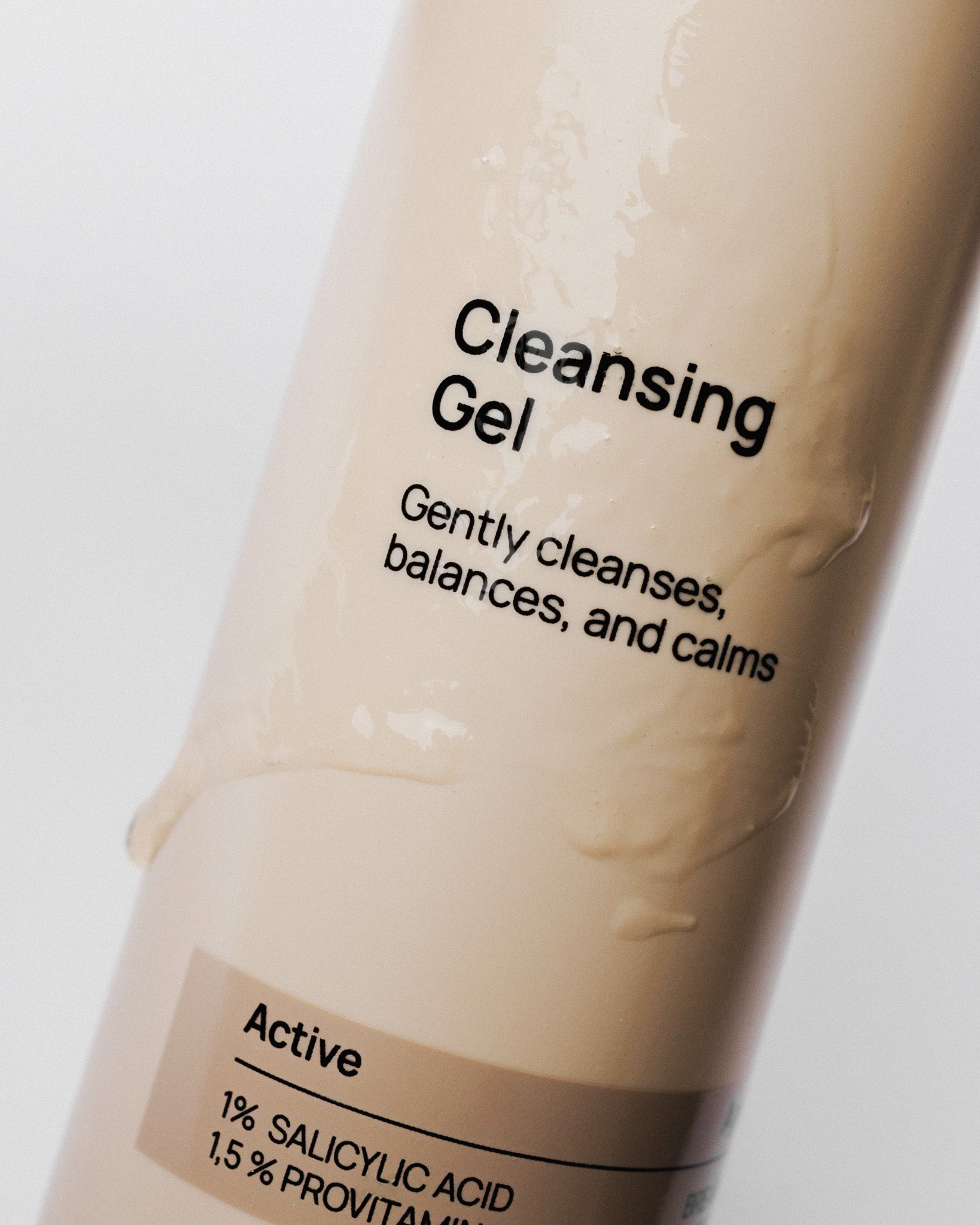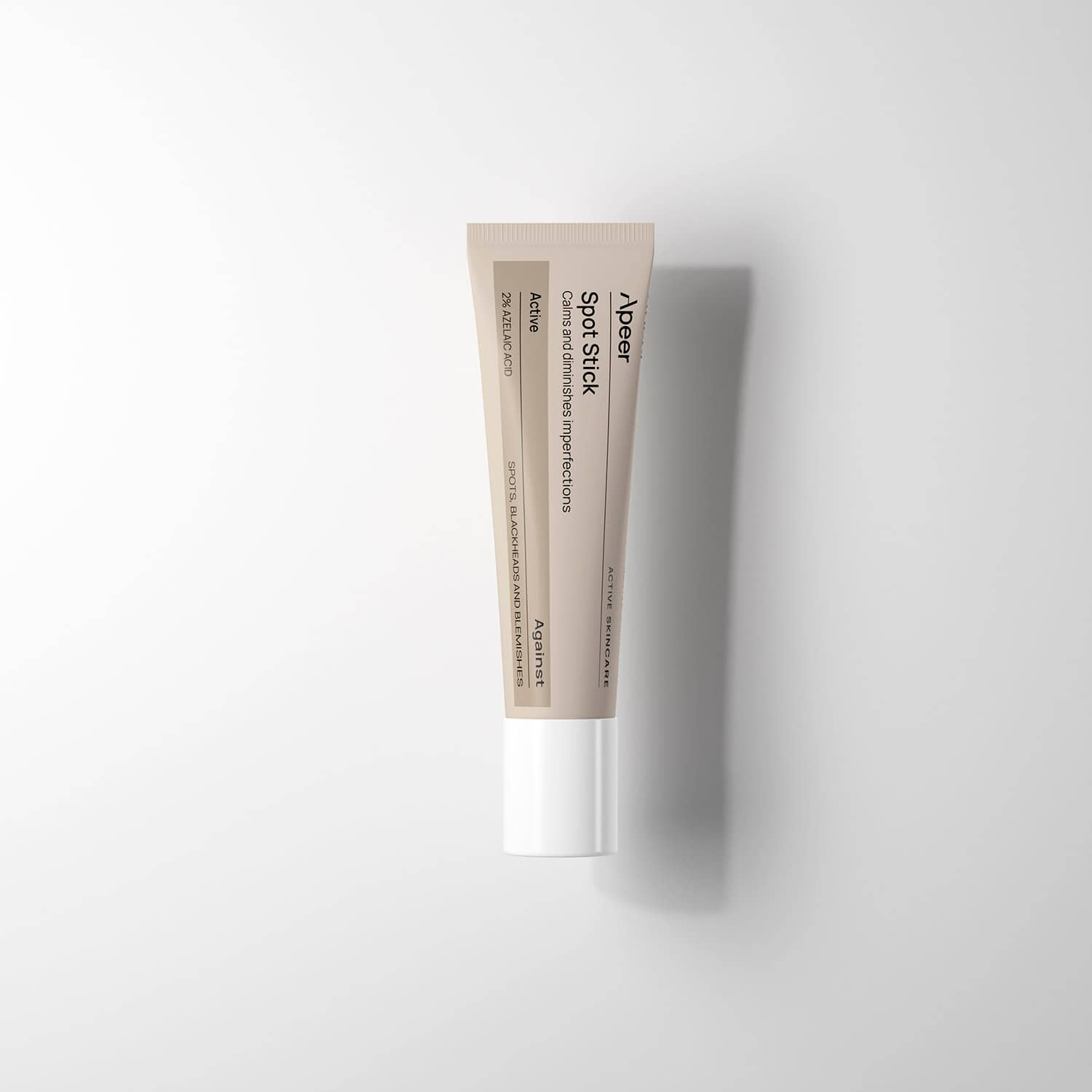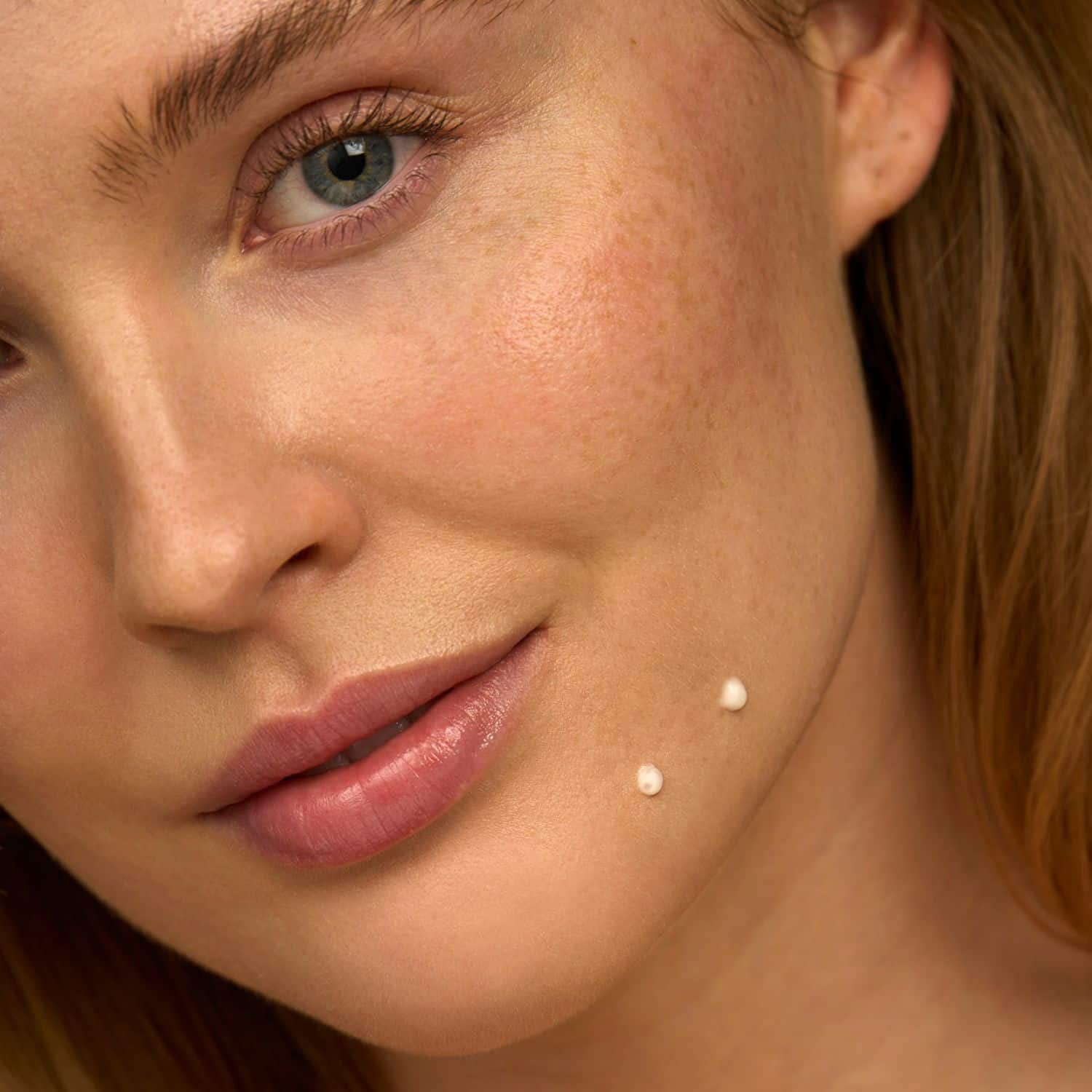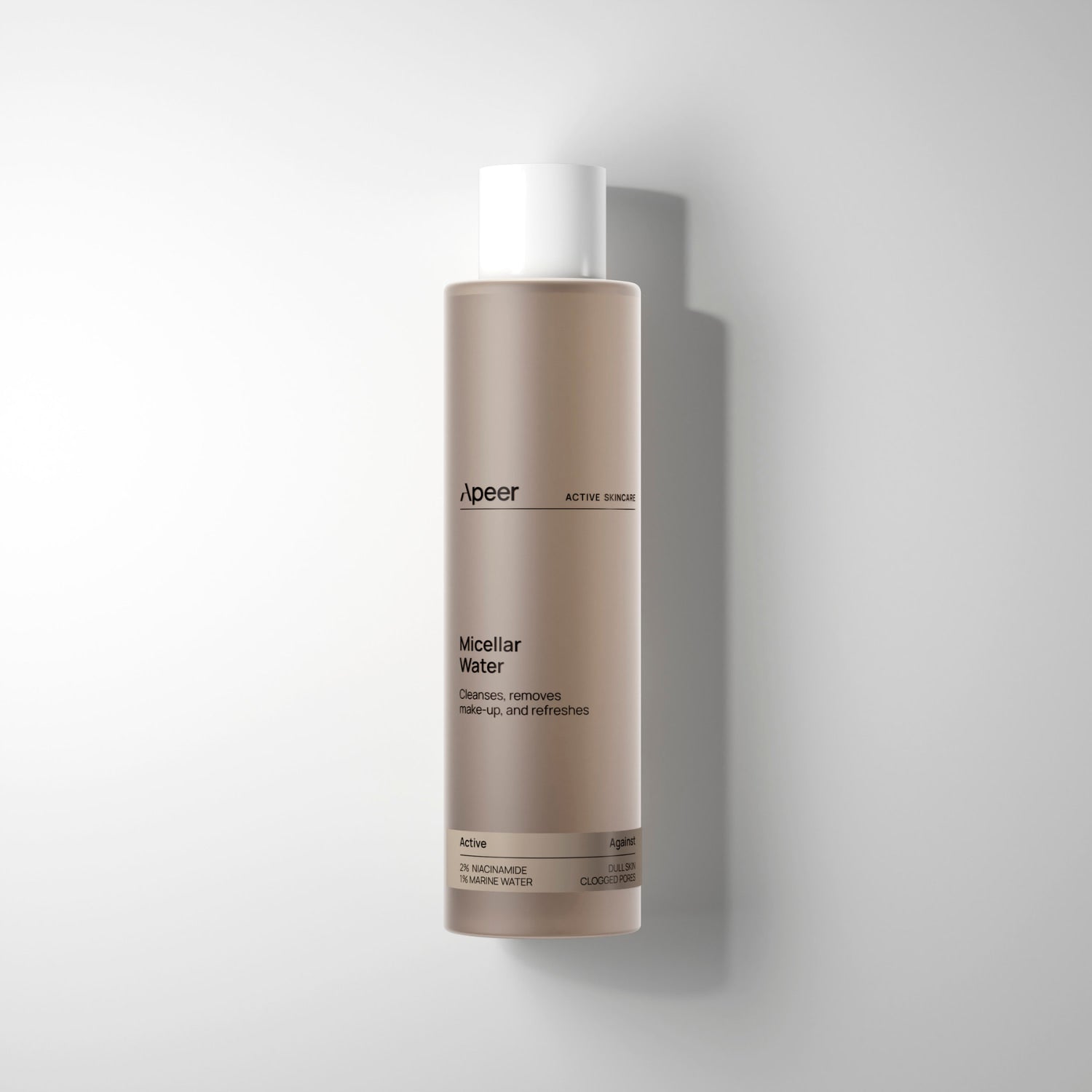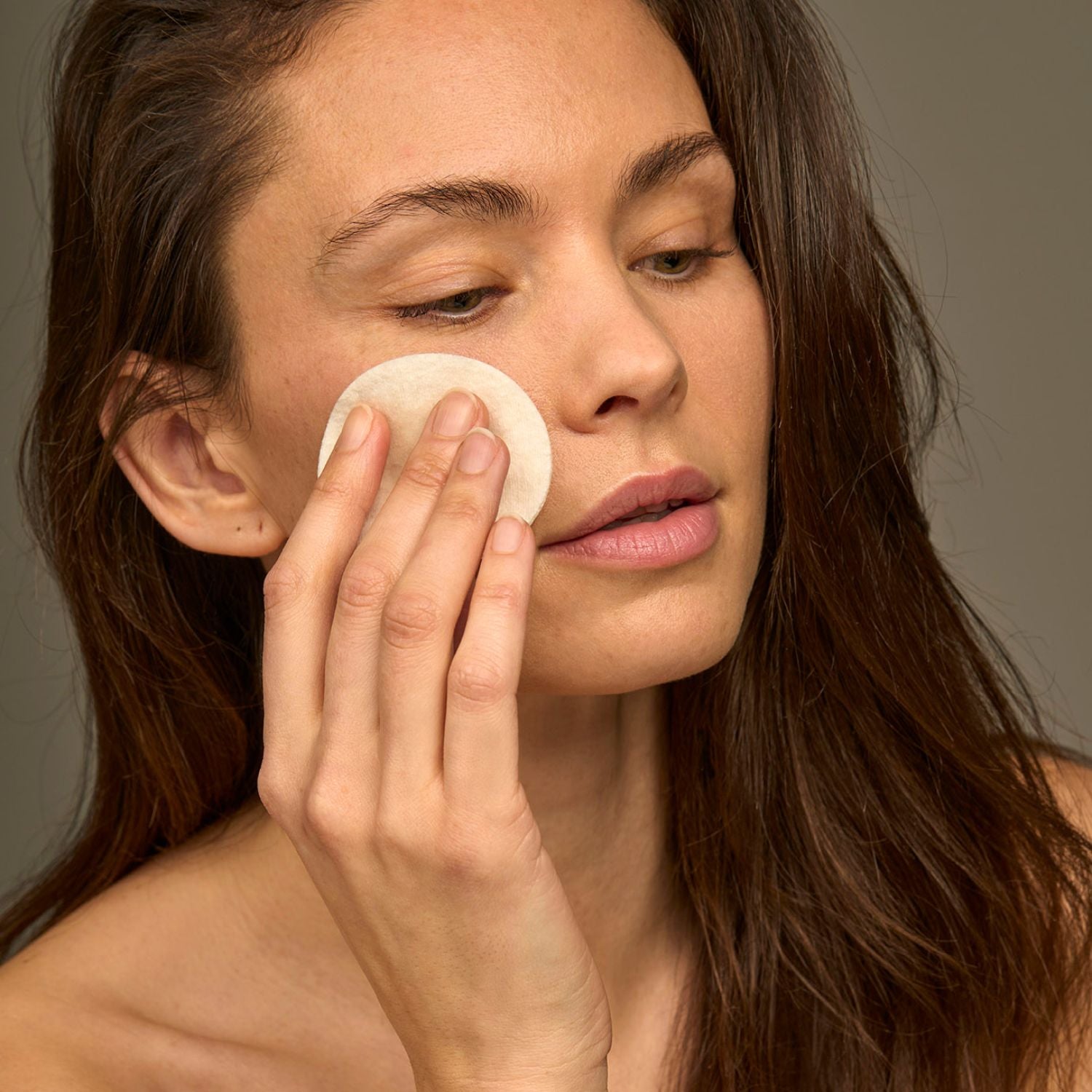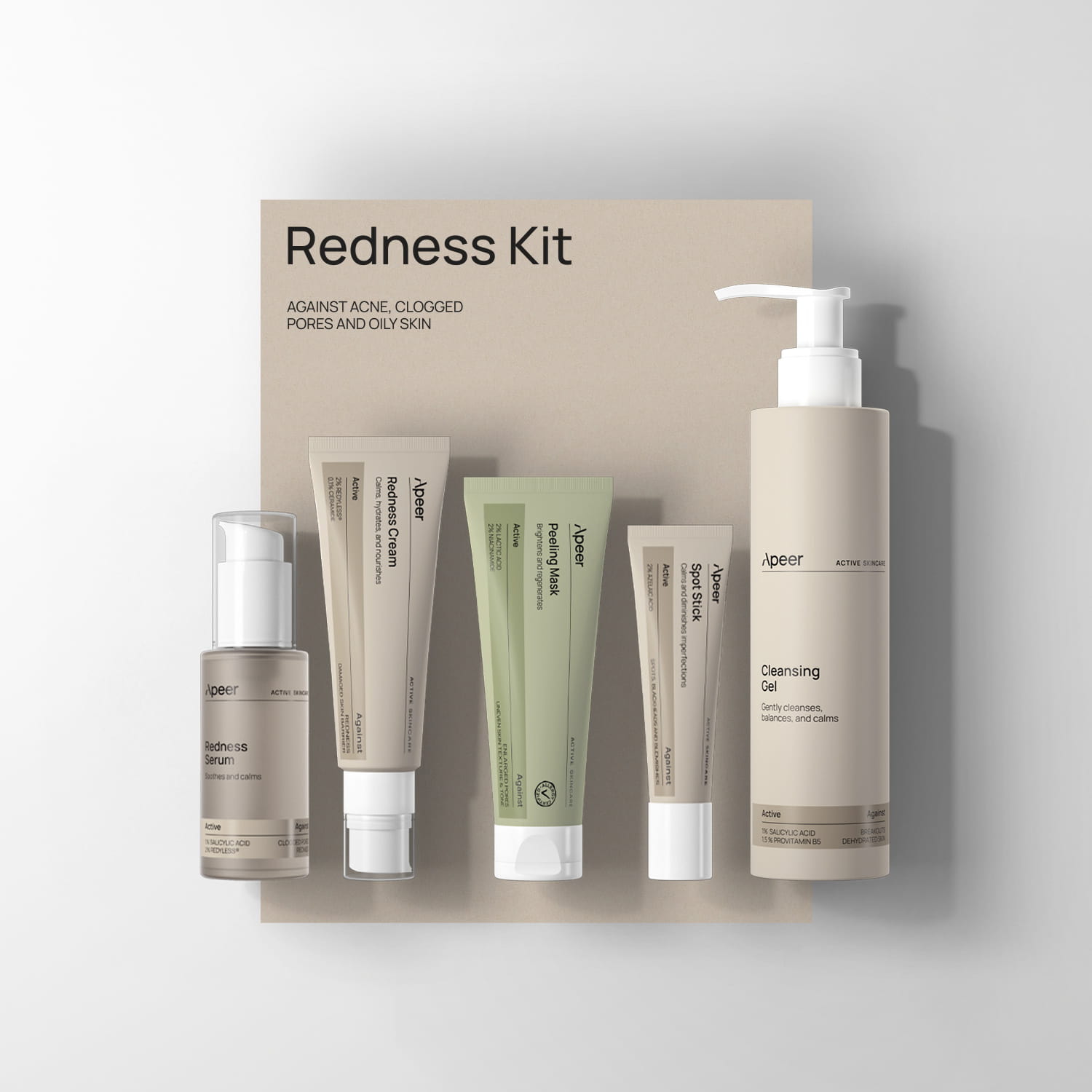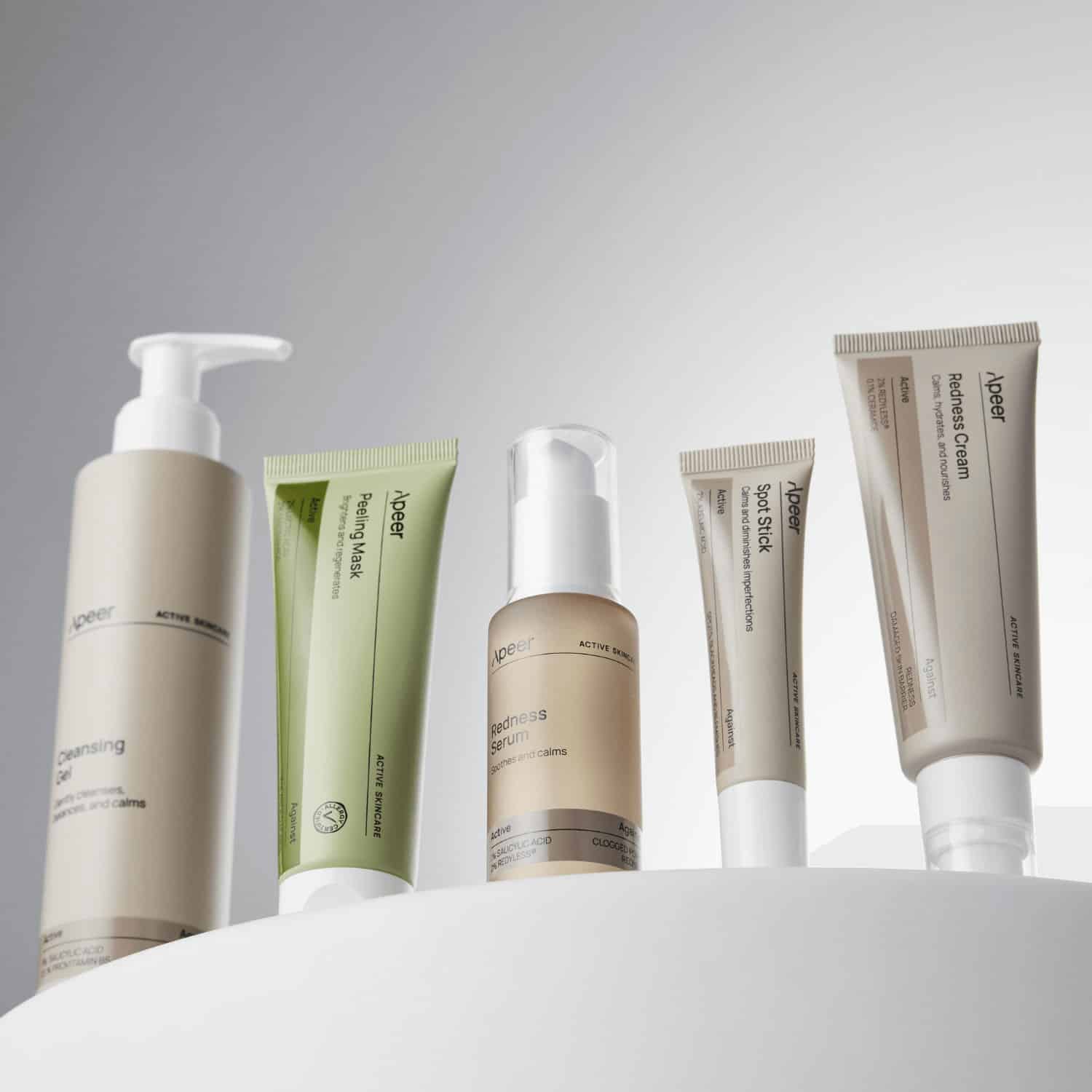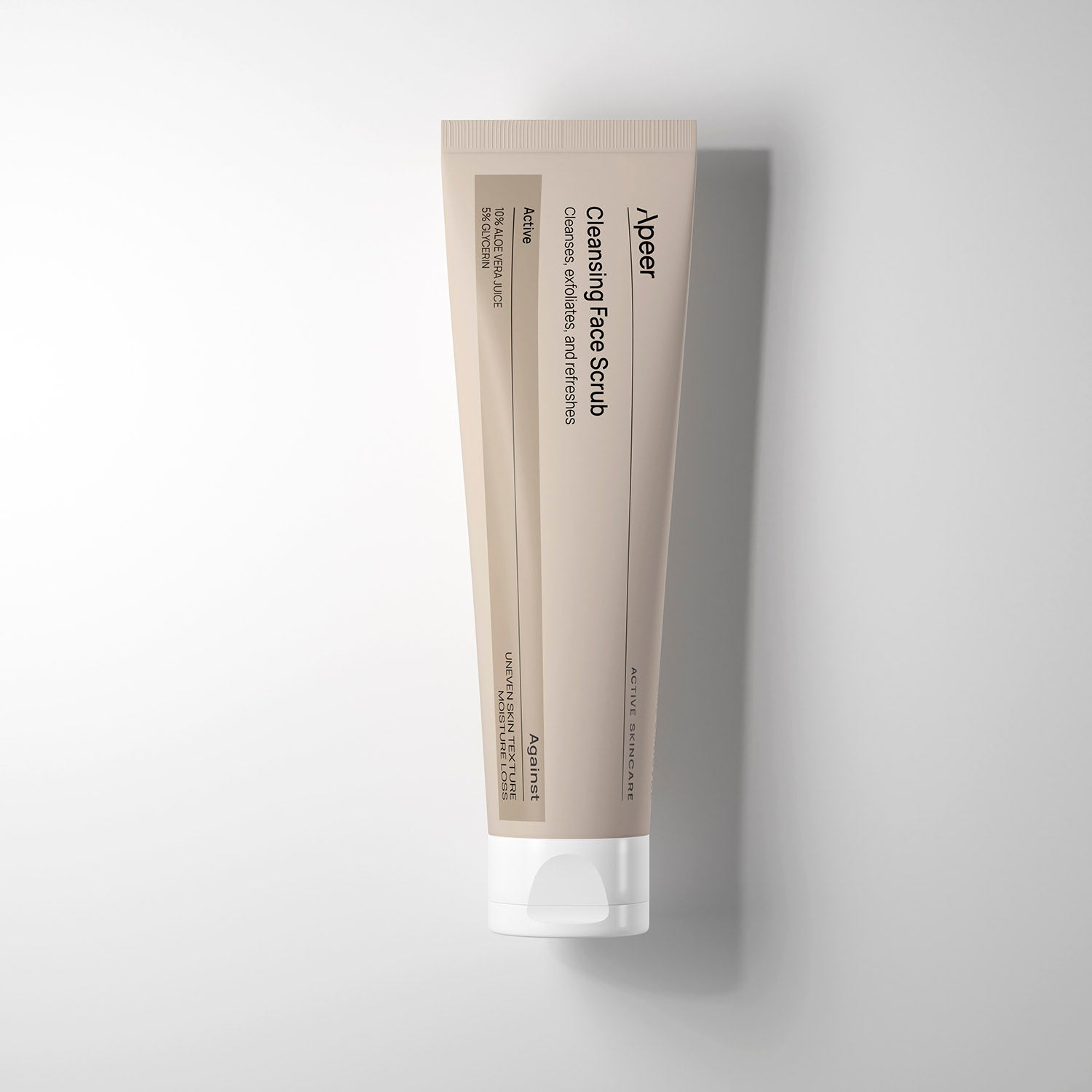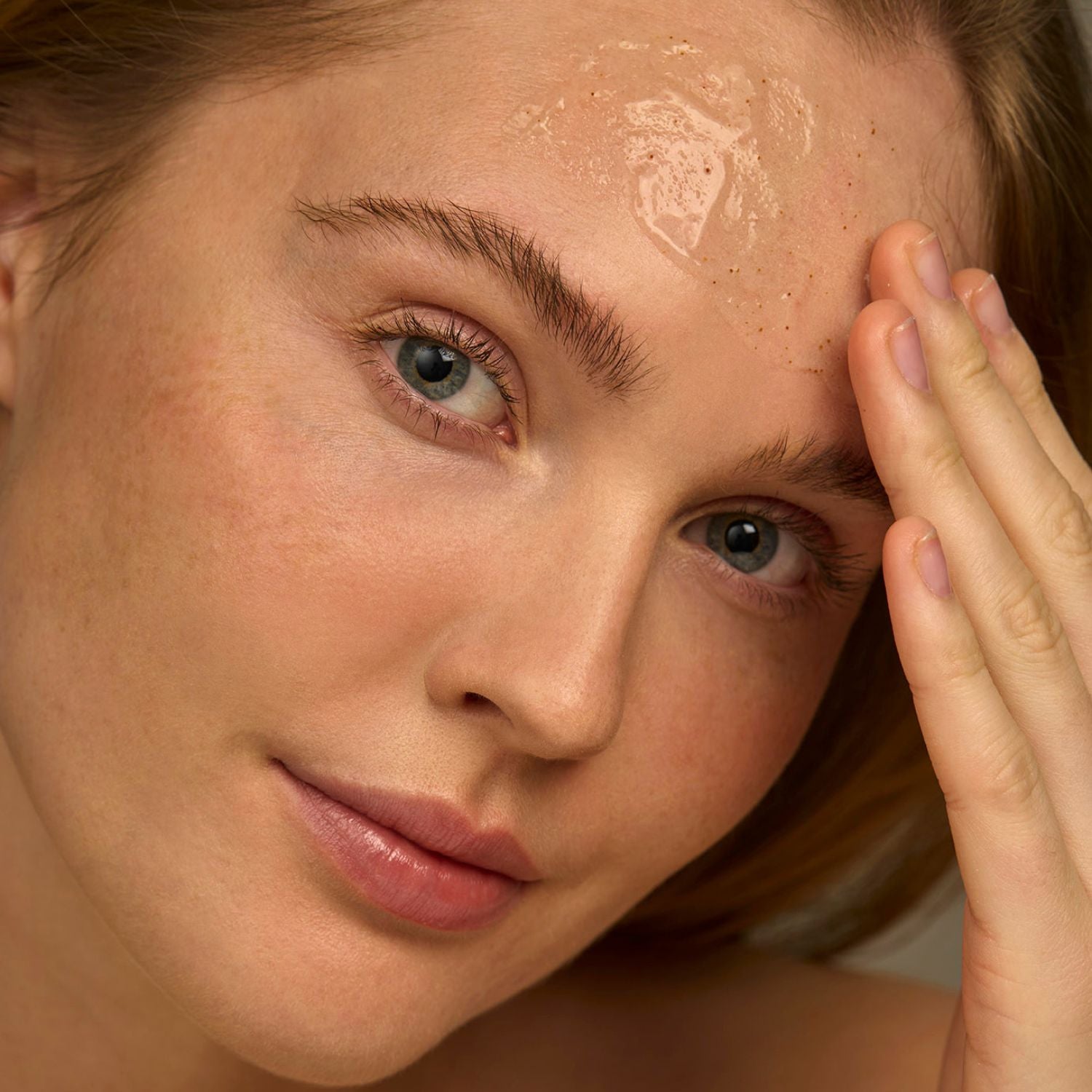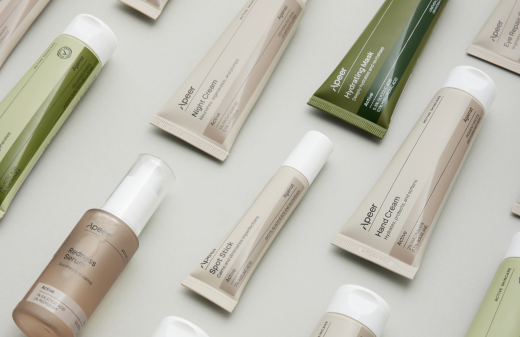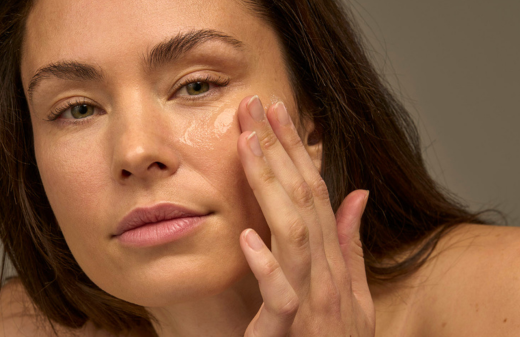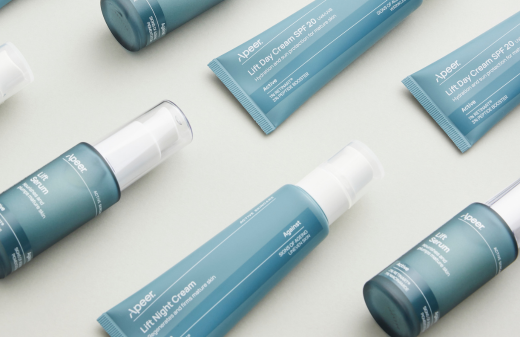Caring for oily skin
Your skin is unique, and no skin is alike. But knowing your skin type makes it easier for you to take the right care of your skin. We know skin, and we know it can feel frustrating when your skin overproduces sebum, leading to clogged pores, blackheads, and shiny skin. It is our mission to share our knowledge, so you can find the right skincare match for your skin. It is common to think that oily skin doesn’t need moisture, but the right kind of moisture will help keep the oil production in balance and help reduce the oiliness. Read along to see if you have oily skin and get the skincare recommendations to care for your skin type.
Active
Against
Hyaluronic Acid
Dehydrated skin
Hexapeptide-11
Puffiness
Active
Against
Vitamin E
Sensitive skin
Provitamin B5
Dehydrated skin
Active
Against
Glycolic Acid
Uneven skin tone
Hyaluronic Acid
Dehydrated skin
Active
Against
Lactic Acid
Enlarged pores
Niacinamide
Uneven skin texture
Active
Against
Provitamin B5
Dehydrated skin
Salicylic Acid
Clogged pores
Active
Against
Aloe Vera Juice
Uneven skin tone
Glycerine
Moisture loss
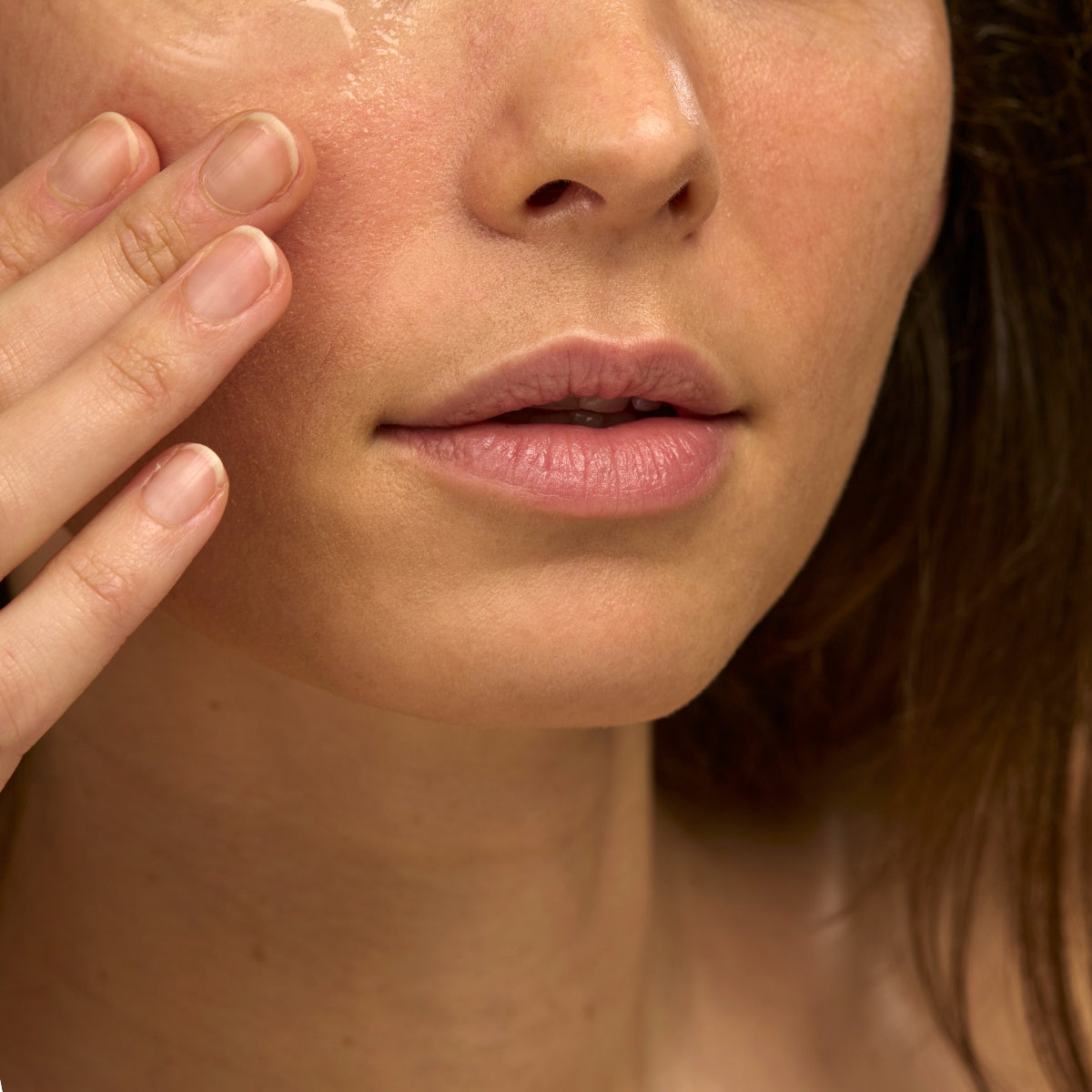
4 characteristics of oily skin
01. Shiny skin
When your skin shines brighter than the sun, you know you have oily skin. Shiny skin is caused by an overproduction of sebum in the skin that leads to the skin producing too much oil. Oily skin can be genetic or caused by hormonal unbalance, but either way, will your skin be shiny throughout the day.
4 characteristics of oily skin
02. Clogged pores
Overproduction of sebum is one of the main causes of oily skin. Sebum can lead to clogged pores if your skin isn’t properly cleansed every day. All skin has pores, and the size varies depending on your skin type, but if you have oily skin, your pores are more prone to get clogged. The extra oil can cause build-up in the pores leading to blackheads and pimples.
4 characteristics of oily skin
03. Pimples and acne
If your skin type is oily, you will be more prone to have pimples or experience acne breakouts. Bacteria tend to thrive on oily skin leading to a blockage in the pores which makes a good environment for pimples to thrive.
FAQ – Oily skin
How do I cleans when I have oily skin?
When you have oily skin, it is important to cleanse your skin every day. Oily skin tends to create a build-up in the pores, and therefore it is crucial to cleanse your skin. We advise you to use a good cleanser with active ingredients that deeply cleanses your skin and relief impurities and excess oil. Also, remember to not over-cleanse or use a harsh cleanser.
Hydration is crucial for any skin type. Just because your skin is oily it doesn’t mean that your skin does not need a hydrating moisturiser. Moisture is essential in order to maintain a healthy skin barrier. Oiliness and hydration are two different things. While your skin is oily because of the sebum your skin produces, hydration on the other hand is when you add back water to the skin. A healthy moisture balance can even help reduce oil production ensuring less oily skin, so there are good reasons to moisturise your oily skin.
One of the best ways to take extra care of your oily skin is to treat your skin with an exfoliating mask one or two times a week. An exfoliating mask will help remove sebum and dead skin cells in the skin leaving your skin with a smoother and brighter complexion.
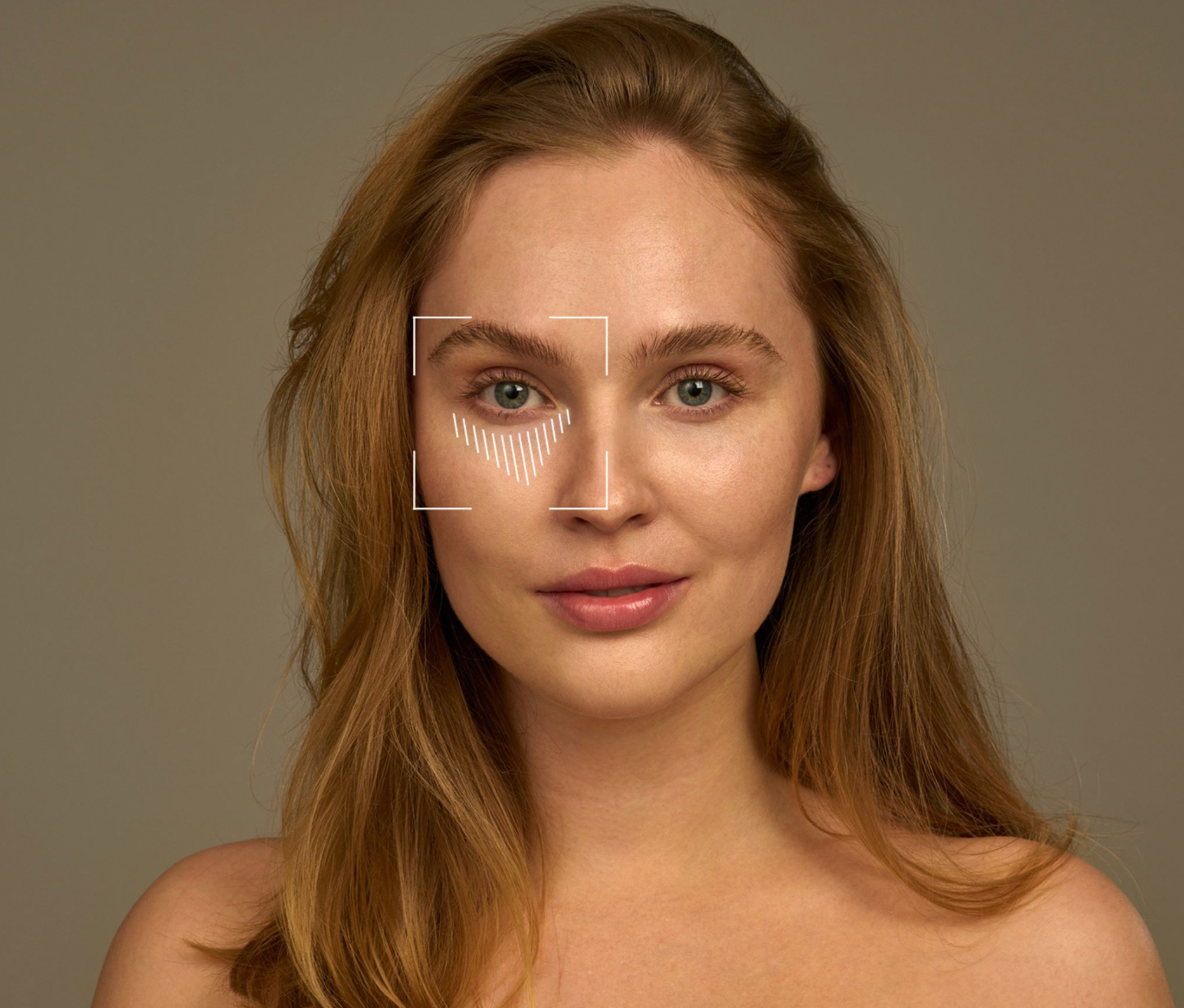

WE KNOW SKIN
Start AI-skin analysis
Knowing your skin is the baseline for all skin care advice following. Get to know your skin.
Active ingredients
At Apeer, we develop our products with a clear purpose: to create skincare that truly makes a difference. Each formula is carefully crafted with active ingredients and plant-based extracts, selected for their proven impact on skin health. The result is advanced skincare that works both effectively and gently – every single day.
Oily skin
Oily skin is characterized by an overproduction of sebum, leading to a shiny surface and enlarged pores. It can be more prone to acne and blemishes due to excess oil production. Taking care of oily skin usually involves using oil-free products and ingredients that regulate sebum production to maintain a healthy balance.


